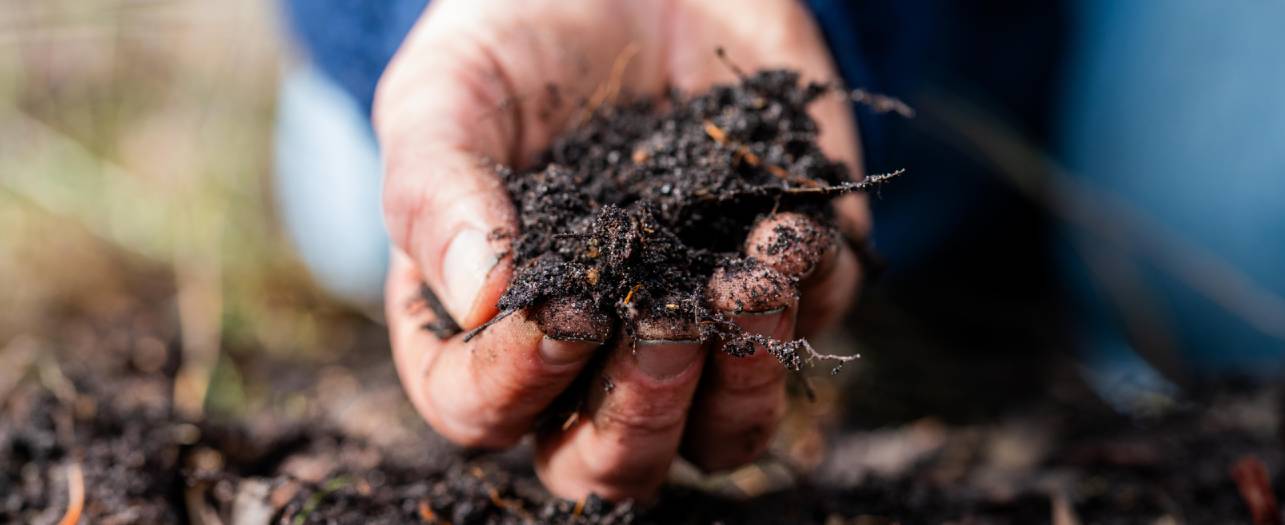Improper waste management has become one of the biggest challenges in the modern world. Improper waste management, particularly in landfills, contributes significantly to greenhouse gas emissions. According to the World Bank, the waste sector is responsible for 5% of global greenhouse gas emissions. Waste Management Companies are constantly on the lookout for solutions to this issue. Power Bear, a well-known waste skip supplier in Dubai is known for some innovative waste management solutions including high-quality garbage skips. However, waste management begins at home. There are plenty of things you can do to avoid contributing to landfills.
- Composting is an Excellent Option: Food scraps, yard waste, and even those used coffee grounds can be transformed into nutrient-rich gold for your garden. Composting biodegradable waste is an excellent way to enrich your home garden. Invest in composting solutions and you’re striking two birds with one stone. For any organic waste you do want to dispose of, you might want to consider investing in garden waste skips.

- Leftovers Don’t Have to Turn to Waste: Food waste is a major culprit. There’s no need to dispose of all your leftovers. Get creative with them. Leftover chicken becomes a stir-fry masterpiece, and wilting veggies transform into a delicious soup. There’s plenty of options to explore and not all your leftovers from dinner need to end up in waste skips.
- Don’t Skip on “Ugly Produce” at Farmer’s Markets: Supermarkets often reject aesthetically challenged fruits and veggies. This produce isn’t necessarily spoilt or rotten though. They’re perfectly edible. Explore farmers' markets or stores with "ugly produce" sections. You aren’t just saving money, you’re also reducing food waste. More often than not, ugly produce ends up in waste disposal skips. This is pretty unfortunate because they can still be used in your favourite recipes and make for delicious meals. You can also use this produce as extra purchases and try them out with unexplored recipes. Pro tip: Label this produce and keep them in segregated containers
- Responsible E-Waste Disposal: From used batteries to old electronics and non-functioning cables, e-waste disposal has become a major issue. Responsibly disposing of e-waste usually involves sending it to e-waste recycling centres or using designated e-waste disposal bins. Don't just toss them in regular bins. E-waste contains hazardous materials that can harm the environment. Research responsible e-waste disposal options in your area.
- Crush Plastic Waste to Reduce Their Footprint: Plastic waste has become a notorious nuisance in society. Especially Pet bottles and other similar plastic waste. Don’t just toss them in general waste skips as they are. Crush them to reduce their overall footprint as much as you can before discarding them. Alternatively, you can look for compactor bins or recycle bins.
- Organise Your Recyclable Waste: In case you have a large volume of waste, it’s better to avoid having it contribute to landfills by simply disposing of it in large public skips for trash. Instead, you may want to segregate and identify recyclable items in the waste. Organise this waste and pack it in labelled containers or bags.
Remember, every little action adds up. By adopting these habits and utilising effective waste management solutions, we can turn trash talk into positive action. Let's create a cleaner, greener future, one innovative waste-reduction technique at a time!


